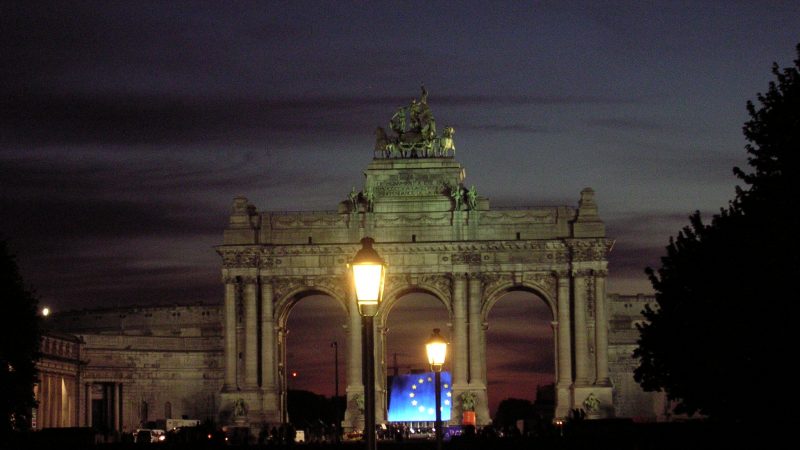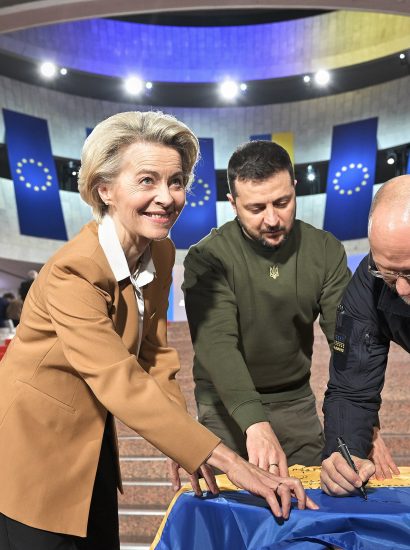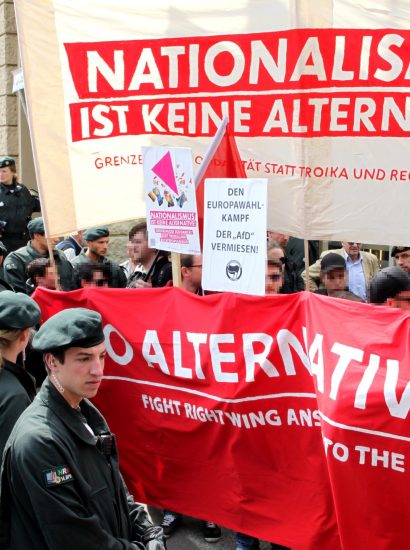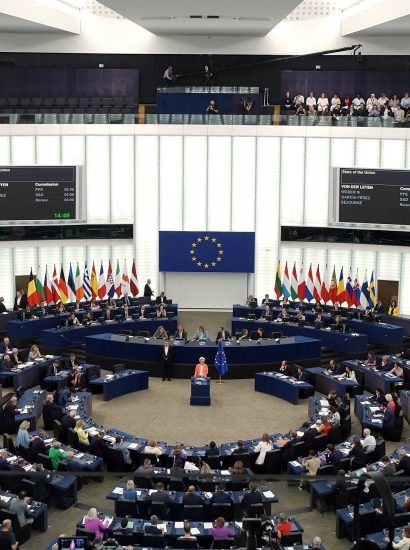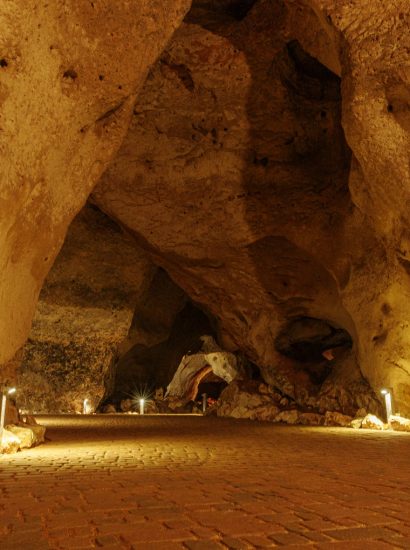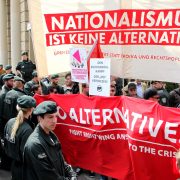Twenty years is a long time even in one’s lifetime, let alone for a economic-political community in such a fast-paced political environment as today’s is. Twenty years ago, Cyprus, the Czech Republic, Estonia, Hungary, Latvia, Lithuania, Malta, Poland, Slovakia, and Slovenia were part of the biggest enlargement of the European Union. Vastly different political environment, political ruleset and European institutional system. The fact that the Czech Republic signaled its preference to be referred to as Czechia a couple of years ago, is only the cherry on top.
What then seemed like a choice only to be supported and as a sign of the unstoppable creation of the Kantian idea of a peaceful Europe, today is challenged not only from the outside, but maybe more so from the inside.
What cannot be taken away from the European Union is that through its acquis, it is one of the most comprehensive economic blocs with what is maybe the most developed trading system and consumer protection regime in the world. The principal of the freedom of movement of goods, people, capital and the opportunity to establish and provide services anywhere inside the member states is truly remarkable with the euro and other financial and fiscal regulations (most prominently the Maastricht Criteria or their derivative, the Fiscal Compact) as a backbone.
These regulators were put in order to converge member states economically thus yielding a common ground for development and general direction for cooperation. Because the European Union has such deep roots in its own economy, the 2008 financial crisis hit it hard, that is when economic policy pieces were eased on in order to keep member states afloat.
As the economic rules became more flexible, another string of ambition came up: steps towards a political union, a great leap in the EU’s life and as much as mathematics cannot be altered or viewed any differently, it has opened the way for different world views, interpretations and antics very foreign to the usual business inside the EU.
“There are twenty years to go and twenty ways to know,” English alternative rock band Placebo sing in their song Twenty Years.
The catch is that there has been more than twenty ways to know in the last decade and the wish for deep political integration made the EU prone to crises so far unseen: political ones.
Corruption, extensive lobbying, political preferences spilling over to economic decisions (most notably in the case of Poland and Hungary and their rule of law) or the deep-rooted influence of liberal policies. All of these, unmanaged and with most of the member states diverting off the economic roadmap they were prescribed in the Treaties.
From summer on, a newly-elected commission will have to manage all these, in addition to far-reaching external challenges from the African rebirth of Russia’s influence, to the hardships the war in Ukraine causes.
Common ground seems to have been lost but the need for one must not be forgotten.
That is what statespeople and European leaders have to remember, come the new cycle of a new Commission and European Parliament.

